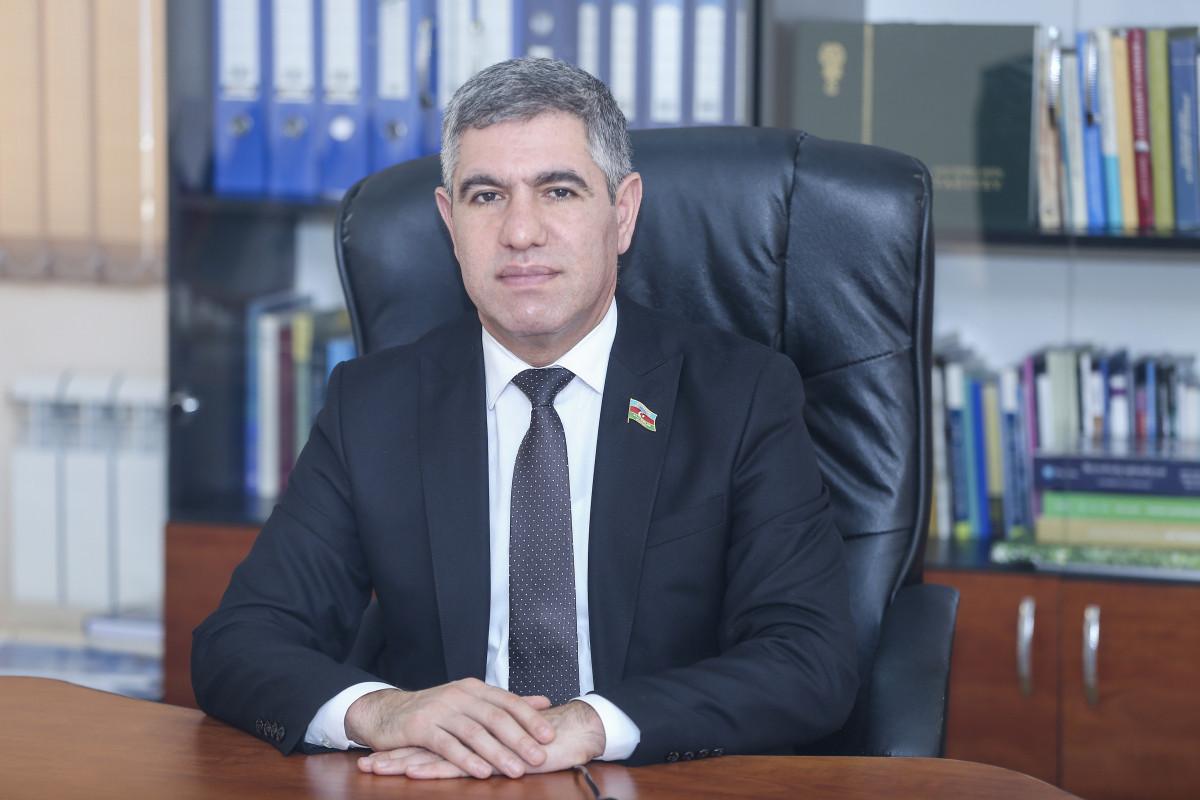Deposits in banks were exempted from tax for 7 (seven) years from February 1, 2016.
Thus, according to Article 102.1.22 of the "Tax Code", the annual interest income paid by a local bank and a branch of a foreign bank operating in the Republic of Azerbaijan on deposits of natural persons, as well as dividends paid by the issuer on investment securities, discount (from the face value of the bonds) (difference due to down-placement) and interest income are exempt from income tax.
But this period ends tomorrow.
At the same time, the latest amendments to the "Tax Code" did not provide for the extension of the grace period under this article.
This means that if this article is not amended, tax will be calculated on savings from tomorrow.
So, what will the taxation of savings change?
Deputy Vugar Bayramov told "APA-Economics" that the exemption of deposits from income tax during this period made it possible for banks to attract more deposits.
"It is true that this was not the only reason, but tax-free deposits were more attractive for citizens. If in 2016, when the changes were adopted, there were 8 billion 77 million manat deposits of individuals in banks, in the past period this indicator increased to 11 billion 743 million manats. means that during that period, deposits of individuals in banks increased by more than 45 percent. It is true that the special role of financial stability achieved after 2017 should be noted in these increases."
The deputy noted that the non-extension of the tax relief may have a negative impact on the volume of deposits and, in particular, on the currency structure: "This may also reduce the interest in deposits in the national currency. So, when these changes were adopted, the share of manat deposits in the savings portfolio was only 18.0 percent, now this number has increased to 61.0 percent. As it can be seen, the interest in manat deposits has increased along with factors such as the stability of the manat, the payment of more dividends to deposits in national currency, as well as tax benefits."
Vugar Bayramov suggests that in order to avoid negative effects, either the Tax Code should be amended and the grace period should be extended for another year, or the insured deposits should be exempted from income tax.
"In the first case, it is possible to prepare a new mechanism in the next 1 year. That mechanism will not cause any difficulties when it is implemented in February 2024. In the second case, since the deposits of most of the depositors are insured, it will cover most individuals."
